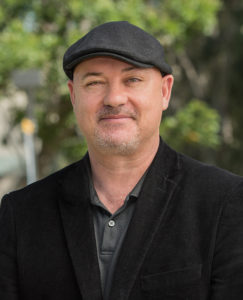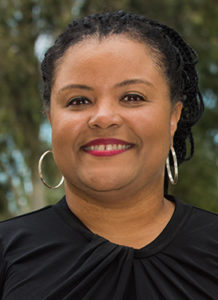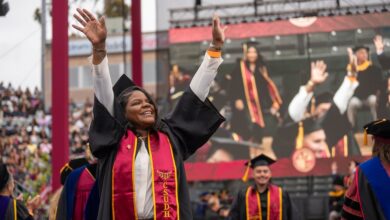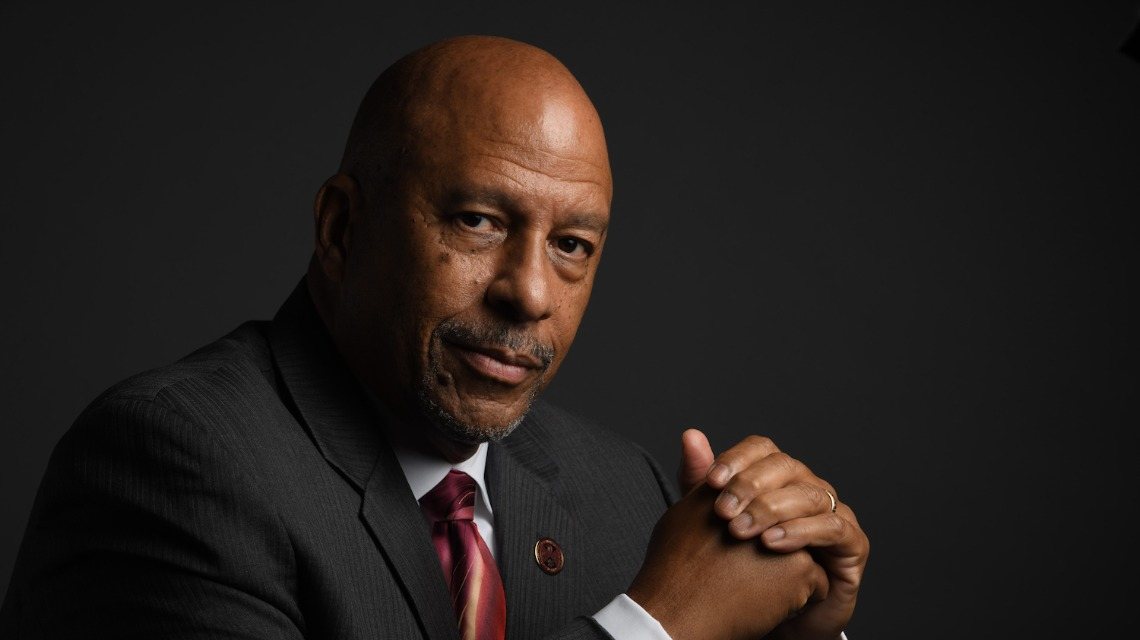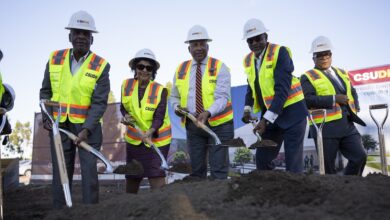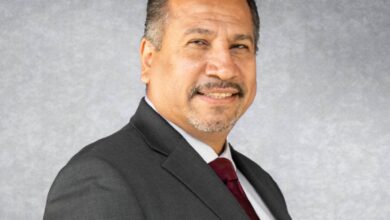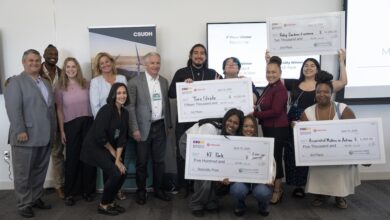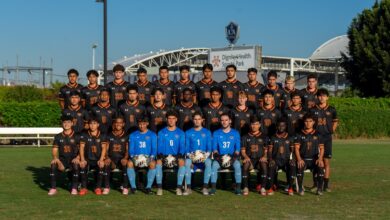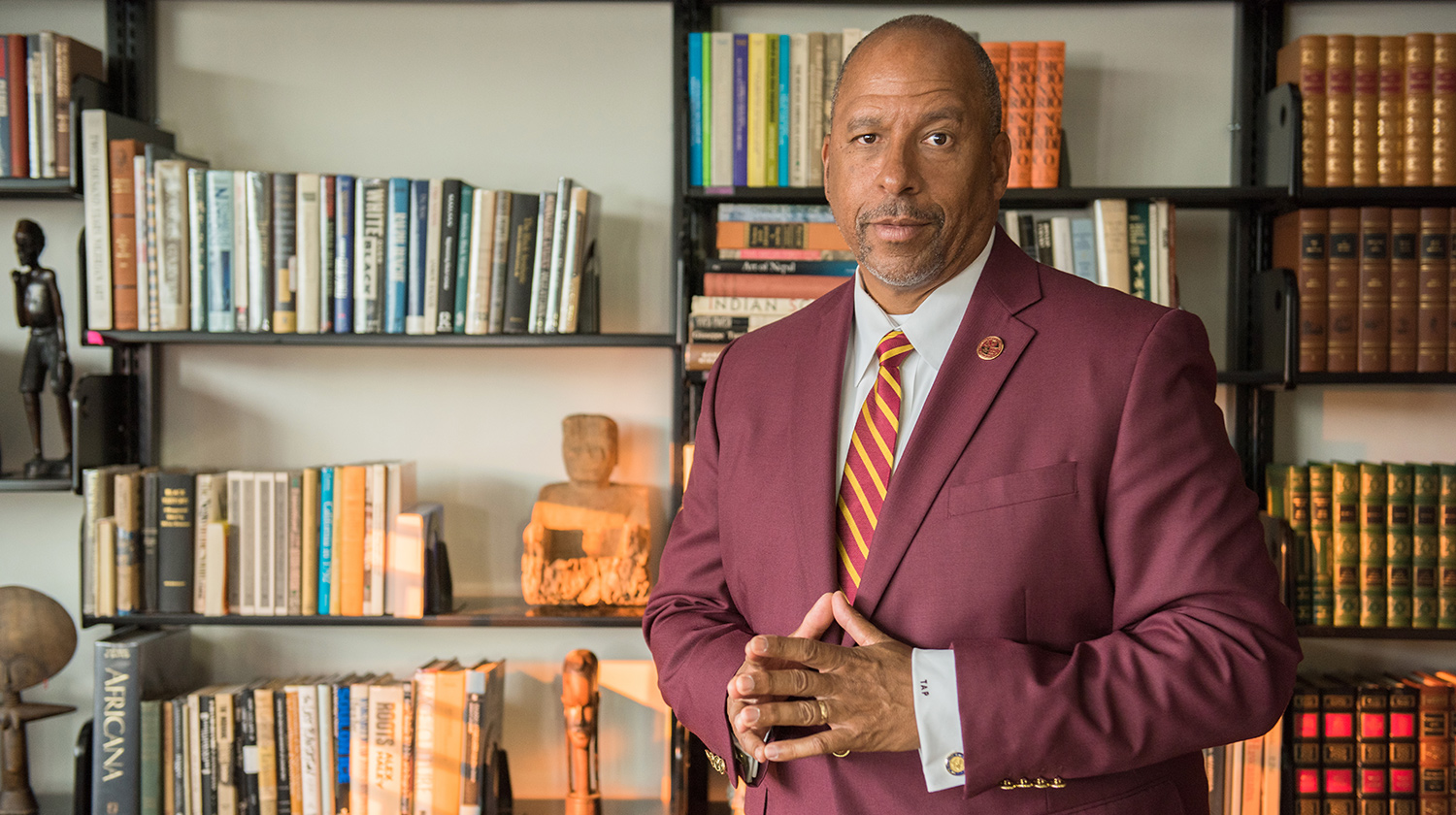Our faculty members participate in conferences around the world, conduct groundbreaking research, and publish books and journal papers that contribute to their field and highlight their expertise. We feature those accomplishments and more in this section. To share faculty news, email ucm@csudh.edu.
College of Arts and Humanities
Lorna Fitzsimmons, professor of humanities, presented “‘The memory bound to the window’: Enabling Resistance to ASD Oppression,” at the online Memory, Forgetting, and Creating–International Interdisciplinary Conference organized by the University of GdaÅ„sk, Poland and Norwegian University of Science and Technology on Jan. 13 and 14.
Benito Gómez, professor and advisor of modern languages, authored the article “La violencia virulenta y su relación con la depresión en Don Quijote,” [PDF] which was published in the Journal of Medieval and Renaissance Spanish Literature. The article examines the relationship between depression and reading for the protagonist of Don Quixote.
Additionally, Gómez’ book, El fenómeno de la escritura como terapia en la literatura latinoamericana contemporánea was published in 2021 by Editorial Pliegos. In the book, Gómez studies examples of literary creation as self-therapy in contemporary Latin American literature.
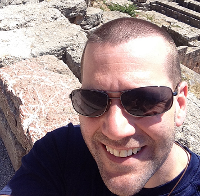 Ryan Harvey, lecturer of philosophy, co-authored Nietzsche’s The Case of Wagner and Nietzsche Contra Wagner for Edinburgh University Press. The book focuses on Friedrich Nietzsche’s lifelong obsession with Richard Wagner and interprets the influence Wagner had on Nietzsche and his philosophy.
Ryan Harvey, lecturer of philosophy, co-authored Nietzsche’s The Case of Wagner and Nietzsche Contra Wagner for Edinburgh University Press. The book focuses on Friedrich Nietzsche’s lifelong obsession with Richard Wagner and interprets the influence Wagner had on Nietzsche and his philosophy.
Donna Nicol, chair and associate professor of Africana studies, was a featured panelist for the City of Los Angeles African American Heritage Month Roundtable discussion on “Black Health and Wellness” on Feb. 3, along with other L.A. County scholars of African American studies.
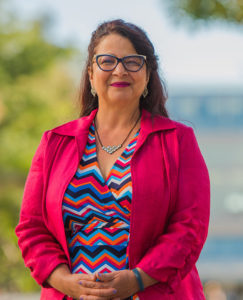
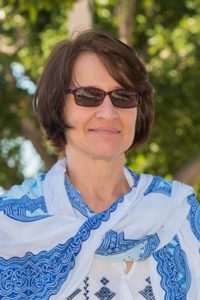
Laura Talamante, chair and professor of history, co-authored “Education during the Enlightenment: Women Engaging Critical Inquiry” with CSUDH history major, Jasmine Abang, for a special issue of Inquiry: Critical Thinking Across the Disciplines. The two also presented with Doris Namala, lecturer of history, on the panel “Collaborating With Student Scholars” at the fall National Institute for State and Organizational Development conference for best and promising practices that increase student success.
Talamante also published “Mapping Women’s Revolutionary Control of Their Environment & Property in Marseille: A Digital Mapping Project” in The Journal of the Western Society for French History. She also presented with Nicole Rodriguez, former director of the Career Center, on the panel “Breaking the Silence: Institutional Responsibility in Promotion to Full Professor” at the February Sociologists for Women in Society virtual conference.
College of Business Administration and Public Policy
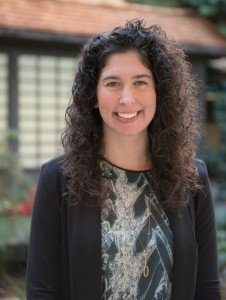 Shari R. Berkowitz, associate professor of criminal justice administration, presented to the New Mexico Criminal Defense Lawyer Association for their “Into the Future” conference. Her presentation included a discussion pertaining to Borden v. United States, 559 U.S. 133,137 (2010) and her research on faulty memory and eyewitness identification.
Shari R. Berkowitz, associate professor of criminal justice administration, presented to the New Mexico Criminal Defense Lawyer Association for their “Into the Future” conference. Her presentation included a discussion pertaining to Borden v. United States, 559 U.S. 133,137 (2010) and her research on faulty memory and eyewitness identification.
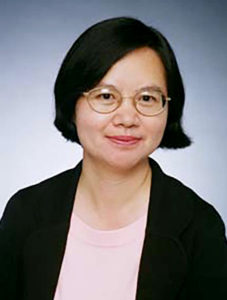
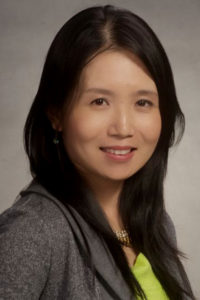
Xuefei “Nancy” Deng, professor of information systems, and Rui Sun, associate professor of public administration, authored the peer-reviewed article “Barriers to e-Learning During Crisis: A Capital Theory Perspective on Academic Adversity,” which was published in the Journal of Information Systems Education. The paper highlights the new digital divide in e-learning and provides practical implications for educational institutions to support underserved students in overcoming academic adversities and building educational resilience.
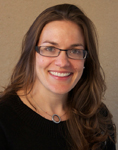
Jennifer Macy, associate professor of criminal justice, received the Richard Tewksbury Award from the Western Society of Criminology. She was awarded, as it requires, for her contribution to activism on the relationship between crime and sexuality.
College of Education
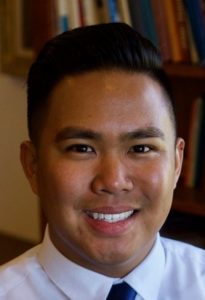 Edward Curammeng, assistant professor of education, co-authored the article “Critiquing Empire through Desirability: A Review of 40 Years of Filipinx Americans in Education Research, 1980 to 1920” in the Review of Educational Research (RER). The article takes stock of how Filipina/x/o Americans are presented in educational research and provides a conceptual approach for conducting reviews of the literature using empire as an analytic and a desire-based framework. This article is RER‘s first published piece on Filipina/x/o Americans in its 90-year history.
Edward Curammeng, assistant professor of education, co-authored the article “Critiquing Empire through Desirability: A Review of 40 Years of Filipinx Americans in Education Research, 1980 to 1920” in the Review of Educational Research (RER). The article takes stock of how Filipina/x/o Americans are presented in educational research and provides a conceptual approach for conducting reviews of the literature using empire as an analytic and a desire-based framework. This article is RER‘s first published piece on Filipina/x/o Americans in its 90-year history.
College of Natural and Behavioral Sciences
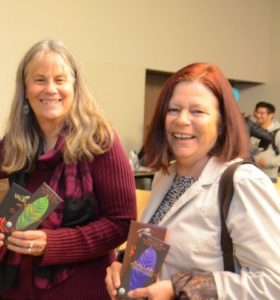
Janine Gasco, professor of anthropology, and Cheryl McKnight, director of the Center for Service Learning, Internships & Civic Engagement (SLICE), authored “Challenging the Underrepresentation of Native Americans in Higher Education at an Urban, Comprehensive University,” in Chapter 10 of Diversity and Inclusion in Educational Institutions. This chapter delves into the detrimental effect of the education system’s refusal to accurately inform adolescents of true Native American history, the solutions already being pursued, and how CSUDH is currently trying to better serve this community.
 Tianjun Lu, assistant professor of earth sciences, co-authored “Using crowd-sourced low-cost sensors in a land-use regression of PM2.5 in 6 US cities” for Air Quality, Atmosphere & Health.
Tianjun Lu, assistant professor of earth sciences, co-authored “Using crowd-sourced low-cost sensors in a land-use regression of PM2.5 in 6 US cities” for Air Quality, Atmosphere & Health.
The article emphasizes the importance of LUR models in improving human health and pinpointing intra-city exposure patterns.
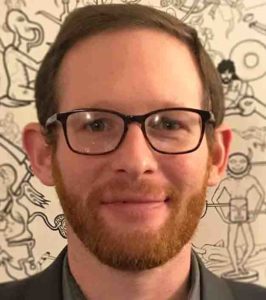 Kenneth Seligson, assistant professor of anthropology, gave the seminar lecture “Los Hornos Anulares – Investigaciones sobre la producción de la cal en las tierras bajas mayas del norte (Annular Kilns: Investigations of Burnt Lime Production in the Northern Maya Lowlands),” with the National Institute of Anthropology and History of Mexico. Seligson’s lecture explored studies conducted on the construction technology of pre-Hispanic lime kilns.
Kenneth Seligson, assistant professor of anthropology, gave the seminar lecture “Los Hornos Anulares – Investigaciones sobre la producción de la cal en las tierras bajas mayas del norte (Annular Kilns: Investigations of Burnt Lime Production in the Northern Maya Lowlands),” with the National Institute of Anthropology and History of Mexico. Seligson’s lecture explored studies conducted on the construction technology of pre-Hispanic lime kilns.
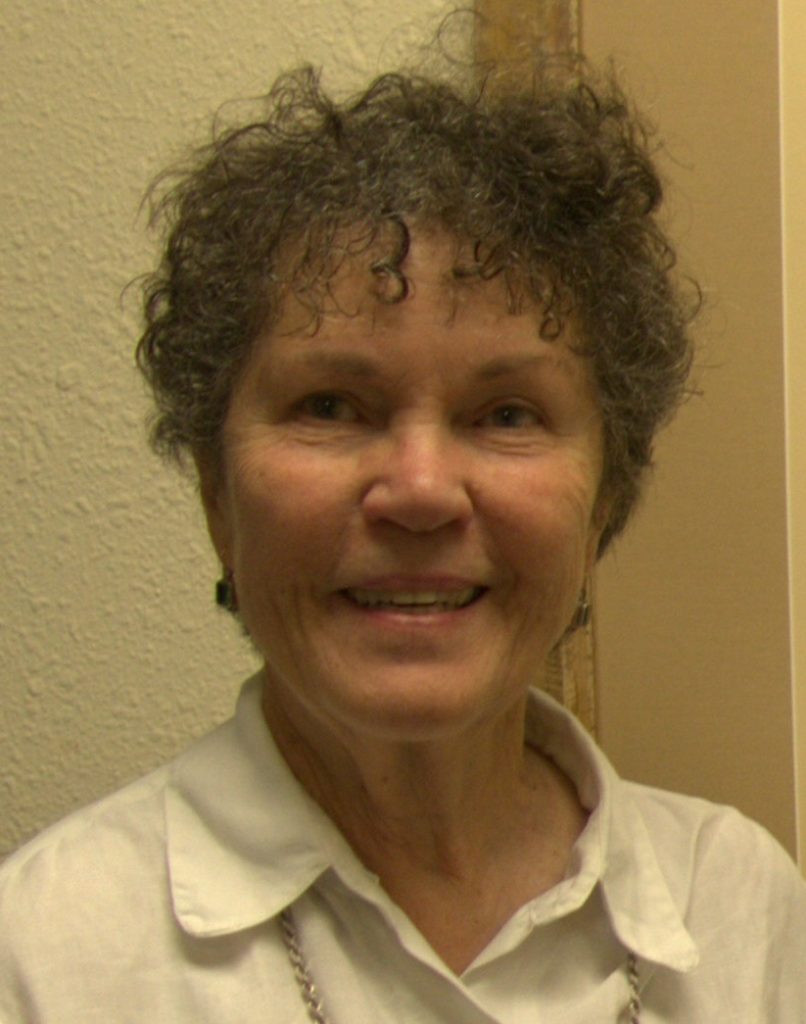
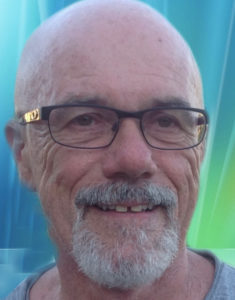
Ray Sumner and John A. Menary, lecturers of earth science, co-authored “Surprise! Discoveries with a Field Methods Class” in the Yearbook of the Association of Pacific Coast Geographers, published by the University of Hawai’i Press. The article discusses the unexpected twists and turns the participants in their Field Methods class experienced, and how they refocused and refused to let it slow them down.
Recent quotes and/or interviews in the media from faculty
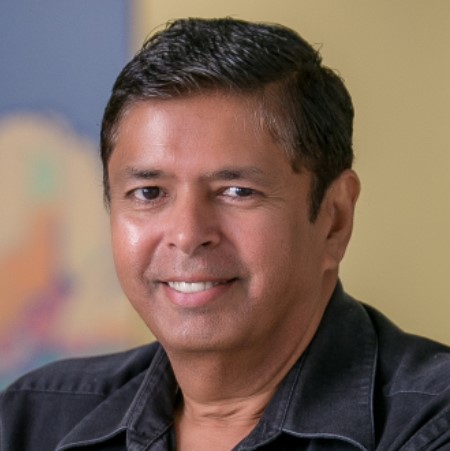 “[Postponed collections of fees and taxes] will reduce the burden to small businesses on their operating cash flow. Other measures can include borrowing from capital markets at low-interest rates to finance the operations of governments. Money raised in this manner can fill in the gap from the postponement of the collection of revenues.” – Prakash Dheeriya, professor of finance, gave his input to The Center Square on the improvement tax breaks would have on Hawaii’s economy.
“[Postponed collections of fees and taxes] will reduce the burden to small businesses on their operating cash flow. Other measures can include borrowing from capital markets at low-interest rates to finance the operations of governments. Money raised in this manner can fill in the gap from the postponement of the collection of revenues.” – Prakash Dheeriya, professor of finance, gave his input to The Center Square on the improvement tax breaks would have on Hawaii’s economy.
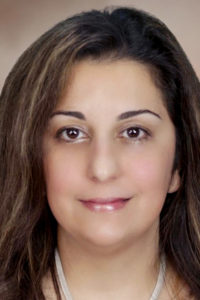 “Not everyone who applies for a credit card will be approved. When this happens, you can build your credit score in alternative ways, such as being added as an authorized user on someone else’s card or taking out a credit builder loan.” – Natasa Christodoulidou, professor of marketing and management, provided expert advice for MoneyGeek’s two new studies on bad credit and fair credit.
“Not everyone who applies for a credit card will be approved. When this happens, you can build your credit score in alternative ways, such as being added as an authorized user on someone else’s card or taking out a credit builder loan.” – Natasa Christodoulidou, professor of marketing and management, provided expert advice for MoneyGeek’s two new studies on bad credit and fair credit.
